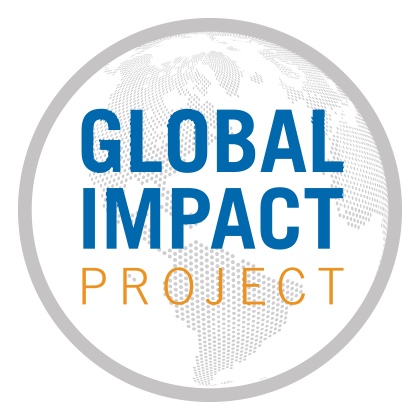Left in Darkness
Imagine not having reliable electricity or access to water, especially amid a global pandemic and government upheaval. This is the reality faced by inhabitants of Majdel Aanjar, a small farming community in the Beqaa Valley situated between Damascus, Syria and Beirut, Lebanon, due to conflict, displacement of refugees, and economic crises including from the ongoing and devastating Syrian civil war. This community has suffered from a water shortage for the past 11 years, exacerbated by the lack of sufficient electric power to pump water to homes and farms or deliver other essential services such as waste management. This lack of water, electricity, and sanitation can threaten the health and well-being of the region’s people and agriculture, as well as lead to escalating violence and increased sectarian tensions between communities fighting for resources.
Finding the Light
Thanks to USAID’s Community Support Program (CSP), Majdel Aanjar and many other communities in Lebanon can finally have access to water, power, and waste management. Implemented by Chemonics, CSP was created to improve lives, strengthen economic opportunities through improved livelihoods, and consequently help reduce conflict and violence in the area. Lebanon is home to the highest per-capita number of refugees in the world—more than 1 million refugees which constitute about 20% of the country’s 6.8 million population. The country is still recovering from the tensions of the refugee crisis of the past several years. By providing access to life-sustaining resources, CSP is helping to alleviate some of the plight that Lebanon has endured the past few years, including from the ongoing impacts of COVID-19, a devastating fuel shortage that caused significant conflict, and the horrific port blast in Beirut two years ago that left 200 killed, more than 7,000 injured, and an estimated 300,000 homeless.




